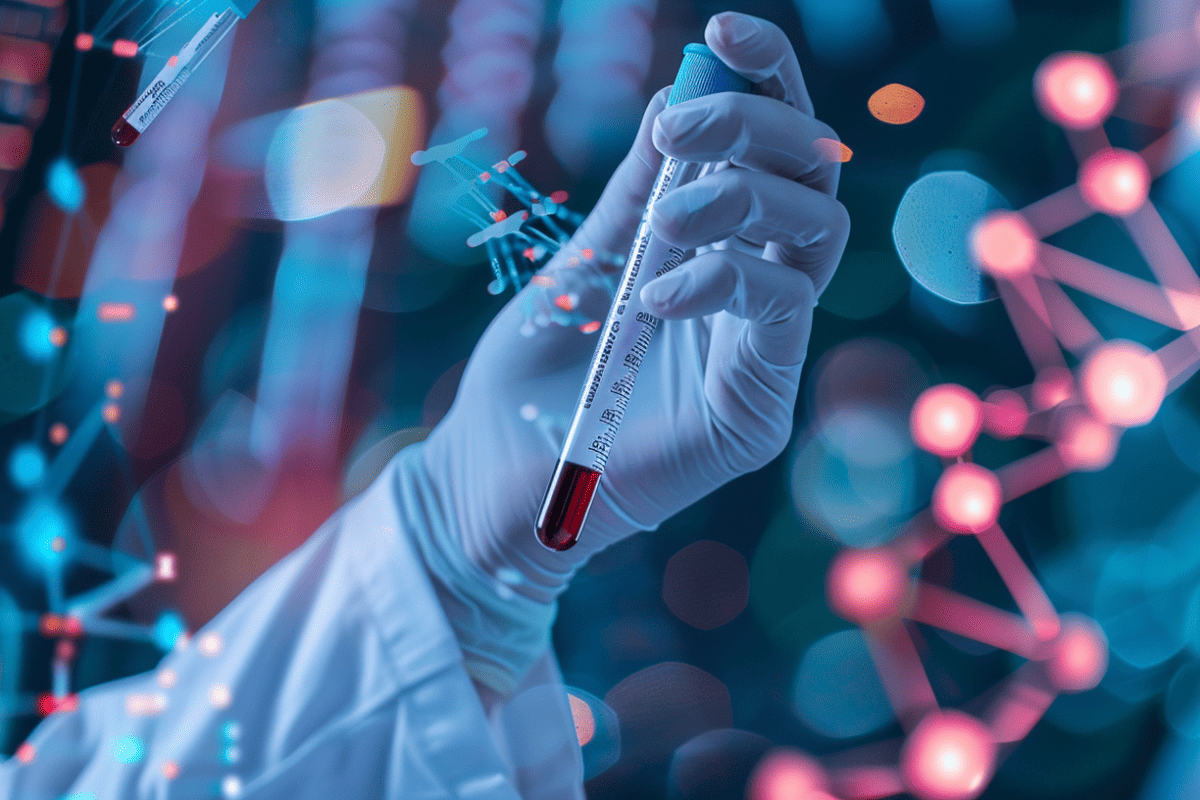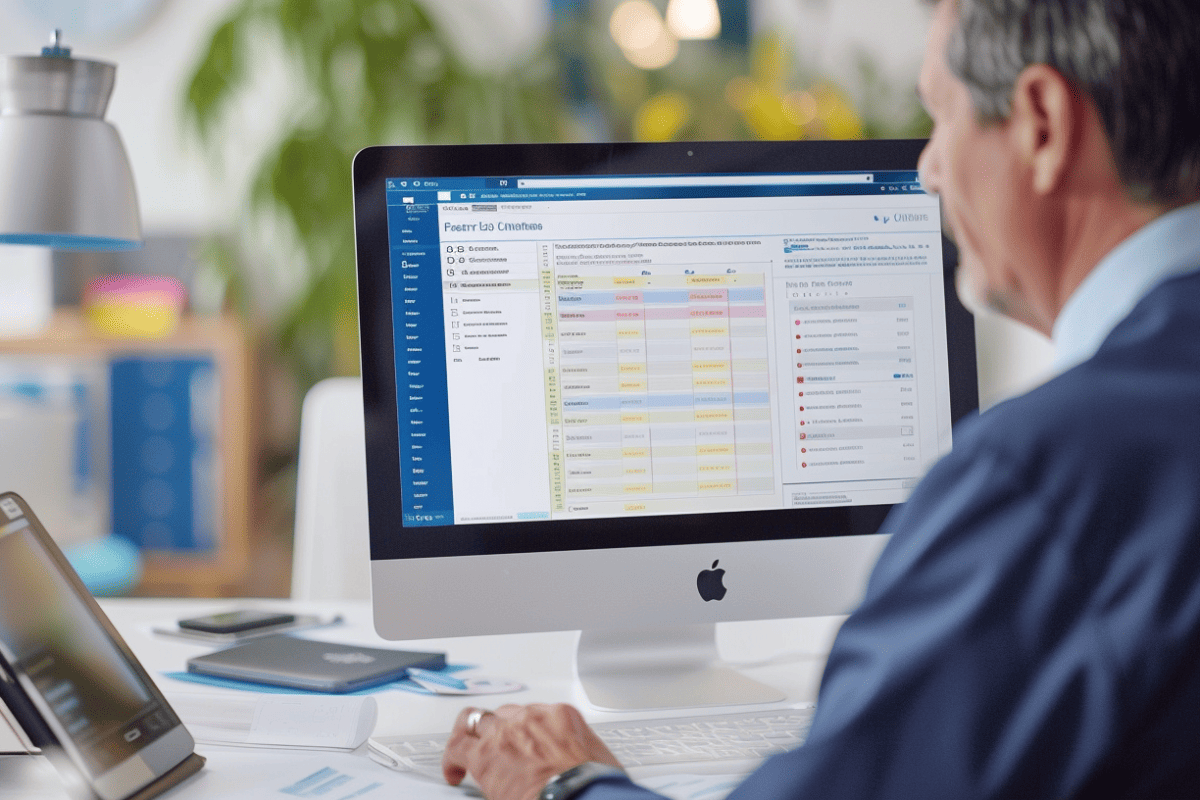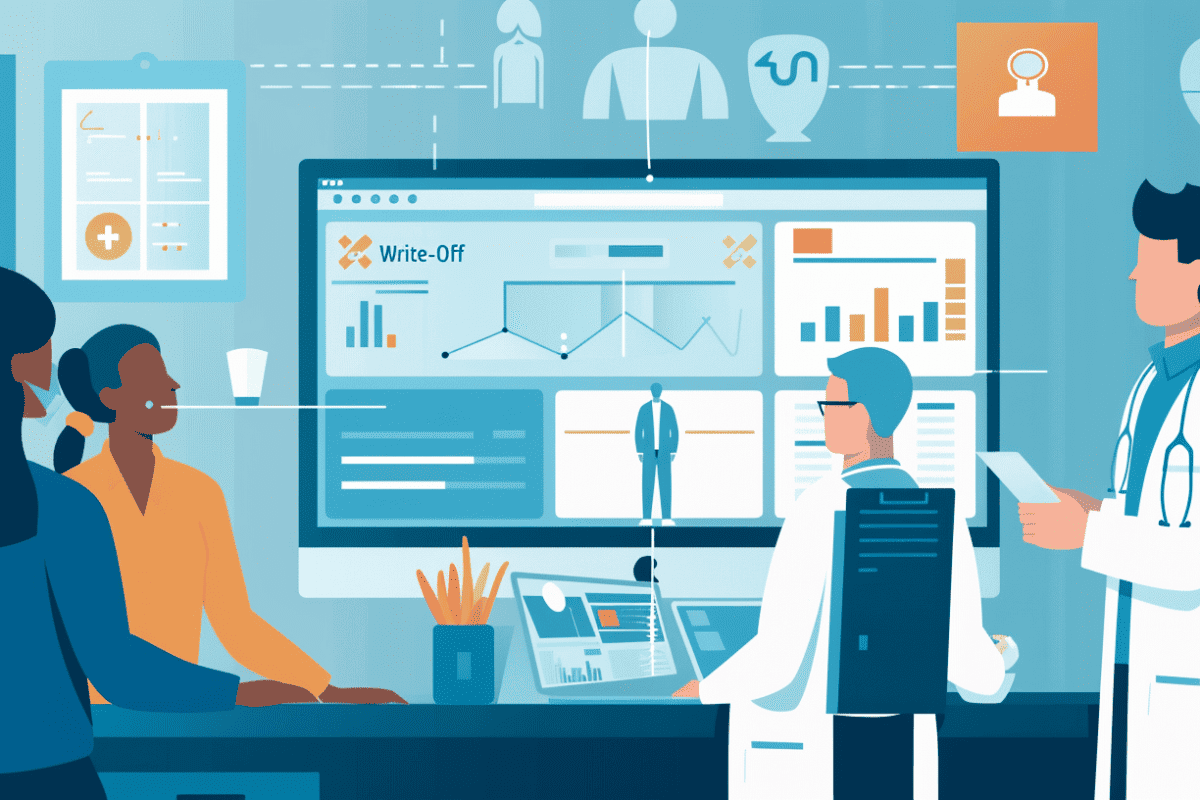Health is one of the most undervalued things in our life. Health is one of those things that we take for granted, only to comprehend its value when we lose it.
Healthcare technology is an industry that is continually evolving. The technological progress of health care has been a bit slow throughout history, but the industry is steadily going through many changes from the past several years. Plenty of technological trends are going to affect healthcare from 2020 and beyond. And this is not just a mere estimate, all the trends are heavily supported by healthcare survey.
Since healthcare is such a big thing worldwide, we have made a list of healthcare technologies to watch out for in 2020.
Healthcare technologies:
Telemedicine
Over the past few years, Telemedicine has seen a growth in the healthcare industry, and there are no signs of it slowing down. Doctors can diagnose and follow up on patients through virtual visits. The concept of Telemedicine saves time, expands reach, and prevents last-minute appointments. Its large reach also means making specialist diagnosis and treatment available in rural areas.
According to a several healthcare surveys, in urban areas, “Communities face problems arising from ‘wait times’ which have increased from 18.5 to 24 days from 2014.”
Artificial Intelligence
Artificial Intelligence is rapidly growing in popularity among many industries around the world. The healthcare industry is no exception. AI can process information and make decisions; it also has potential capabilities to diagnose the patients on the available information and make treatment plans based on that information. AI has many other uses in healthcare settings, such as determining which patients need urgent attention and recommending the best possible course of action rather than making them sit in a waiting room. Therefore, Artificial Intelligence can be a big boon when it comes to healthcare. We may also see AI used in more innovative ways.
Robotics
Medical facilities are starting to use robotic assistants. Robots will start finding more use performing surgeries with precision and assisting surgeons in real-time. These robots also can perform smaller tasks, such as packing medical instruments or disinfecting rooms. Robots are especially useful in medicine because the field of medicine often requires precision in every aspect of the field. The precise nature of healthcare-related issues gives robotics a big part to play in the field.
The Internet of Medical Things
Healthcare has found use of the concept of ‘Internet of things’. The combinations of Telemedicine and the Internet of things has given rise to a new concept called ‘The Internet of Medical Things’.
Patients can view their data on devices in applications or online. They are to track patient data from both patients and doctors. IoMT is a new combination of technologies, and there is more of it coming in the future.
Machine Vision
In healthcare, we cannot measure everything by human vision. Computers are now able to tell many things like blood losses in surgeries so that the surgeon can take appropriate measures. Imaging reports and scans can provide accurate results using machine vision. Machine vision is going to simplify processes in healthcare and also give precise data to the doctors. Machine Vision also has the capacity to evolve and give rise to even more helpful and complex technologies which will be a positive boon to healthcare. Overall, Machine Vision is one of the most promising upcoming healthcare technologies we can all look forward to.
AR and VR in Healthcare
AR and VR are undoubtedly the most impressive advancements in technology we have experienced in history. The arrival of these technologies have led to a significant advancement in the healthcare technologies. These are being used to work with patients that are experiencing cognitive impairments and dementia. It has also found its use in educating new students in a virtually created environment. People can also experience how certain patients feel in their illnesses. For example, people can experience what it is like to experience the world around you as being color-blind.
5G will provide faster internet speeds
5G can potentially transform the healthcare delivery while giving speed boosts and reducing latency. Transmission of large medical images becomes easier as well as uses of AI, AR and VR. 5G will also facilitate faster downloads and communications on tablets for healthcare use. The drawback is that 5G is only available in few markets and has been critised for its needs of hundreds of thousands of antennas and concerns about its potential health effects.
Conclusion
What seemed to be a futuristic dream a decade ago is becoming a reality. The adoption of many such techonologies along with medical data is bringing significant change to the health care industry.
The importance of healthcare in the world is what makes technological advancements so important in the field. We have 7.8 billion people world- wide and the automation, making health a priority, and making it easily reachable is the most important challenge for the Healthcare Industry. The overall future of the Healthcare Industry looks promising according to healthcare survey done.
This article has been sponsored by Borderless Access
Digital Health Buzz!
Digital Health Buzz! aims to be the destination of choice when it comes to what’s happening in the digital health world. We are not about news and views, but informative articles and thoughts to apply in your business.


